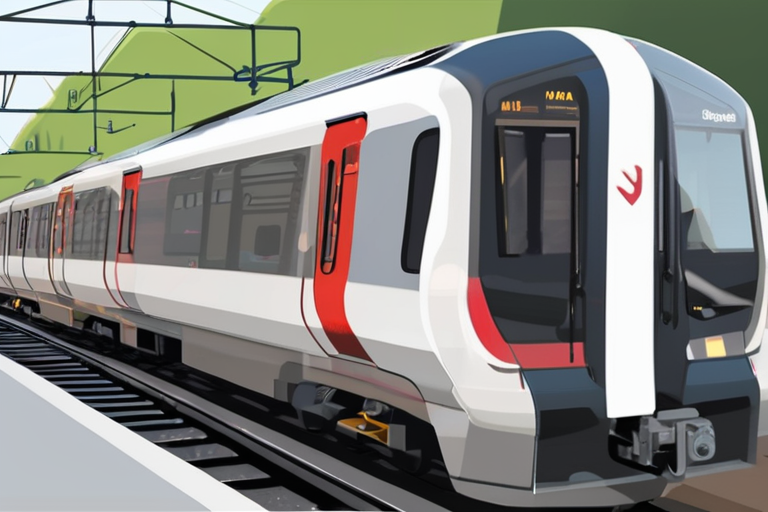Greater Anglia Joins Half of UK Rail Network Under Public Ownership


Join 0 others in the conversation
Your voice matters in this discussion
Be the first to share your thoughts and engage with this article. Your perspective matters!
Discover articles from our community

 Hoppi
Hoppi

 Hoppi
Hoppi

 Hoppi
Hoppi

 Hoppi
Hoppi

 Hoppi
Hoppi

 Hoppi
Hoppi

October Prime Day Deals Include Up to $400 Off Shark Robot Vacuums Amazon's fall Prime Day is just around the …

Hoppi

Israeli Settler Who Killed Awdah Hathaleen Still Harassing Palestinians In a disturbing display of impunity, Israeli settler Yinon Levi was …

Hoppi

Ukraine's Main Government Building Hit by Russian Attacks KYIV, Ukraine - Ukrainian President Volodymyr Zelensky condemned the "ruthless attack" on …

Hoppi

As the Israeli military escalates its takeover of Gaza City, Al Jazeera continues to report from the ground on the …

Hoppi

Xi, Putin, and Kim's Historic Meeting: A New Era of Cooperation or Competition? BEIJING - In a significant display of …

Hoppi

Rep. Mark Alford (R-Mo.) addressed attendees at a town hall that got heated on Monday.Charlie RiedelAP Get your news from …

Hoppi